10 TV Shows That Should’ve Ended Sooner (But Didn’t)
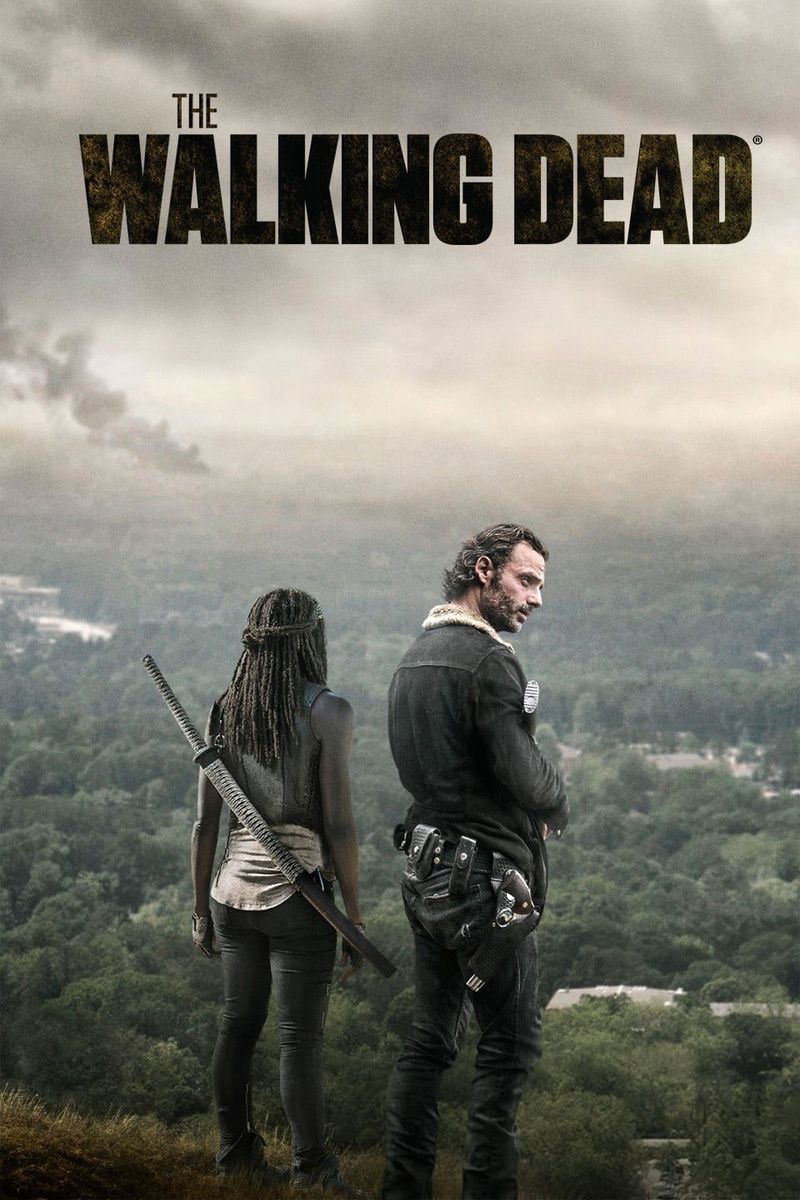
Some TV shows are like that party guest who just doesn’t know when to leave. At first, you’re thrilled they showed up, bringing fun, energy, and fresh conversation. But as the night drags on, you start checking the clock, wondering when they’ll take the hint. Television works the same way—some series shine in their early seasons, only to lose their magic when they overstay their welcome.
1. Grey’s Anatomy
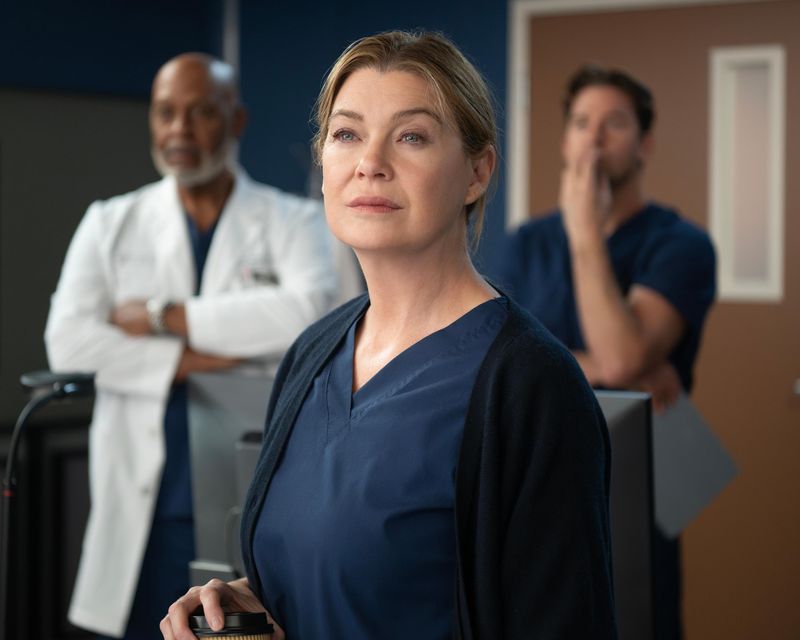
What started as a sharp, emotional medical drama turned into an endless carousel of heartbreak and hospital disasters. In its prime, Grey’s Anatomy gave us gripping storylines, unforgettable characters, and a rollercoaster of emotions that kept viewers hooked week after week.
But after nearly 20 seasons, the show feels more like a marathon than a story. Doctors come and go, tragedies strike with clockwork precision, and the once-fresh emotional beats now feel repetitive.
Fans who loved Meredith, Cristina, and the early cast often feel the later seasons are simply prolonging the inevitable. Instead of gracefully bowing out at its peak, Grey’s Anatomy became the patient that refuses to flatline, even when it should.
2. The Walking Dead
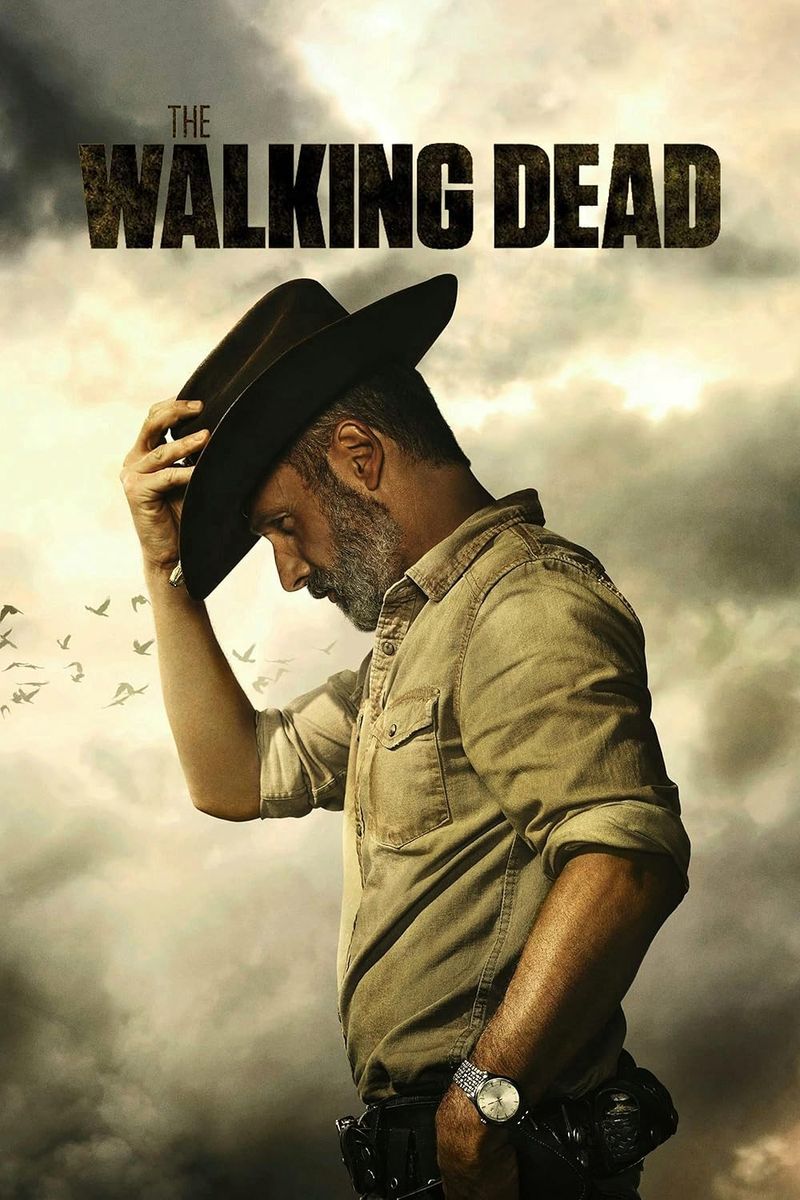
The first few seasons were edge-of-your-seat television. Zombies weren’t just monsters—they were metaphors for survival, morality, and human nature. The early arcs were terrifying, emotional, and brilliantly acted.
Then came the endless cycle of “find shelter, lose shelter, fight a villain, repeat.” Characters you grew attached to were killed off, often in shocking but frustratingly hollow ways. The longer it went on, the more it felt like the apocalypse wasn’t scary anymore—just exhausting.
What could have been one of TV’s greatest horror series dragged into a bloated franchise with spin-offs galore. Instead of a powerful story about survival, The Walking Dead became a reminder that even zombies can overstay their welcome.
3. Supernatural
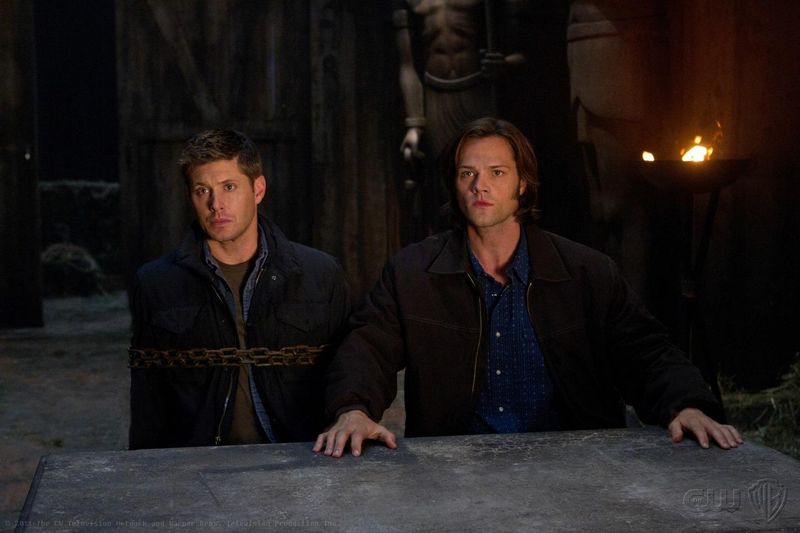
Few shows have ever blended heart, humor, and horror quite like Supernatural. For many, the Winchester brothers’ road trips fighting demons and saving the world were TV gold.
But after a decade and a half—15 seasons in total—the once-fresh formula felt like it was on repeat. Each “final” showdown was followed by yet another bigger, badder evil, making emotional goodbyes lose their impact.
Die-hard fans loved sticking with Sam and Dean, but even they admit the storylines could have wrapped up much sooner. What began as an epic fight against the forces of darkness became a never-ending loop of monster-of-the-week. Sometimes, the most heroic move is knowing when to quit.
4. The Simpsons
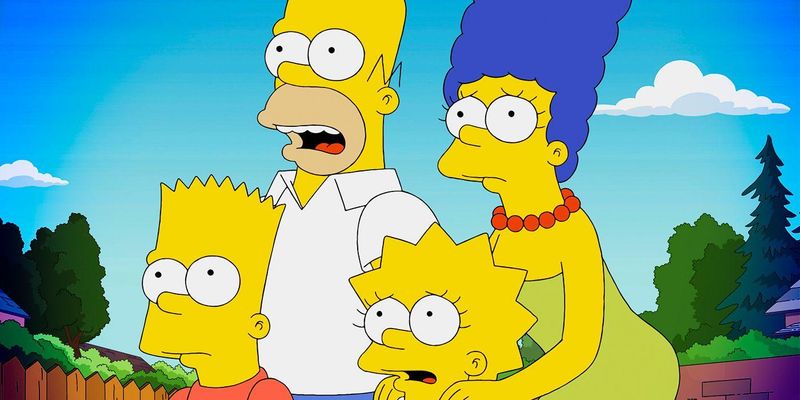
In its early days, The Simpsons wasn’t just funny—it was groundbreaking. The satirical humor, cultural commentary, and endlessly quotable lines made it one of the most important shows in television history.
But after three decades on the air, the once razor-sharp writing dulled. Characters stopped evolving, jokes were recycled, and the show started to rely more on guest stars than storytelling. For many longtime viewers, the golden years ended long ago.
It’s hard to let go of a cultural icon, but sometimes even legends fade. Had The Simpsons ended after its strongest seasons, it would’ve gone down as flawless. Instead, it continues to remind us that too much of a good thing is possible.
5. Family Guy
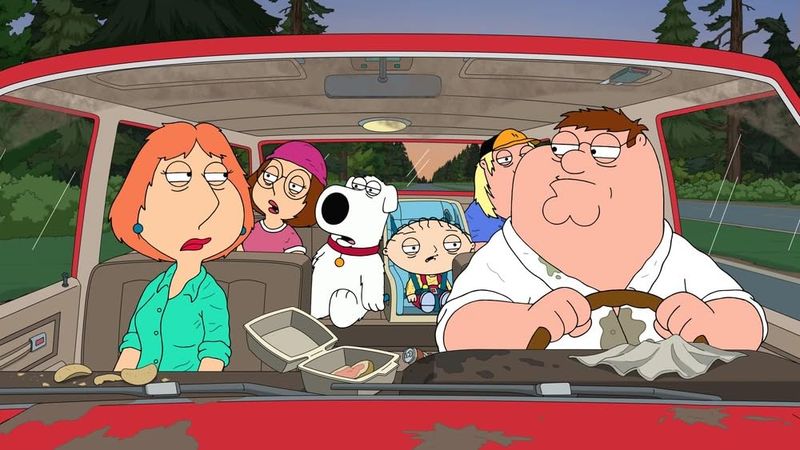
Once upon a time, Family Guy was outrageous in all the right ways. Its shock humor, wild cutaway gags, and unapologetic irreverence gave it a cult following that made it stand out.
The problem? What was once shocking eventually became predictable. The gags felt recycled, the characters never really grew, and the humor stopped feeling fresh. At some point, even the most die-hard fans realized they’d seen the same joke told in slightly different ways dozens of times.
While still a recognizable pop culture staple, Family Guy feels like a band playing their biggest hits on loop. Sure, it’s familiar, but the spark that once made it brilliant is long gone.
6. How I Met Your Mother
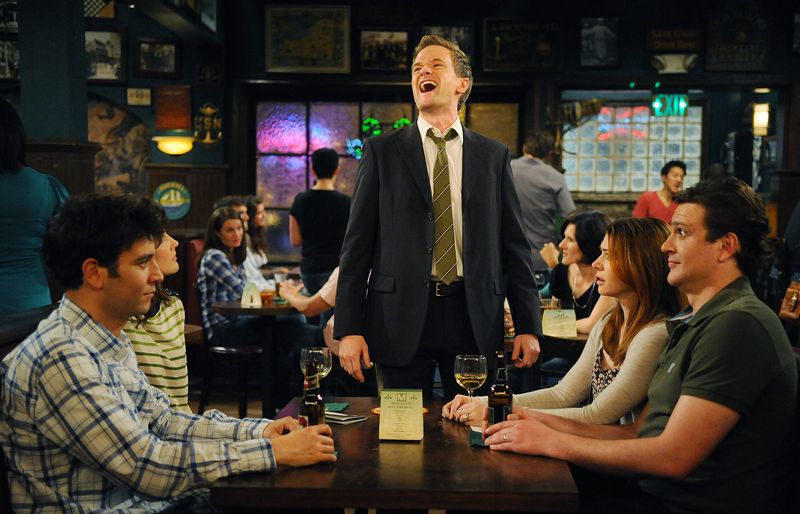
The concept was clever—a man telling his kids the long, winding story of how he met their mom. For several seasons, the mix of romance, comedy, and quirky characters made it one of TV’s most charming sitcoms.
But stretching a single question over nine seasons proved too much. The storylines grew repetitive, and the final reveal left many fans furious. By the time the ending aired, viewers felt strung along rather than satisfied.
Ending earlier could’ve preserved its charm and delivered the emotional punch it promised. Instead, How I Met Your Mother became a case study in how dragging out a good idea can turn it into a frustrating one.
7. Two and a Half Men
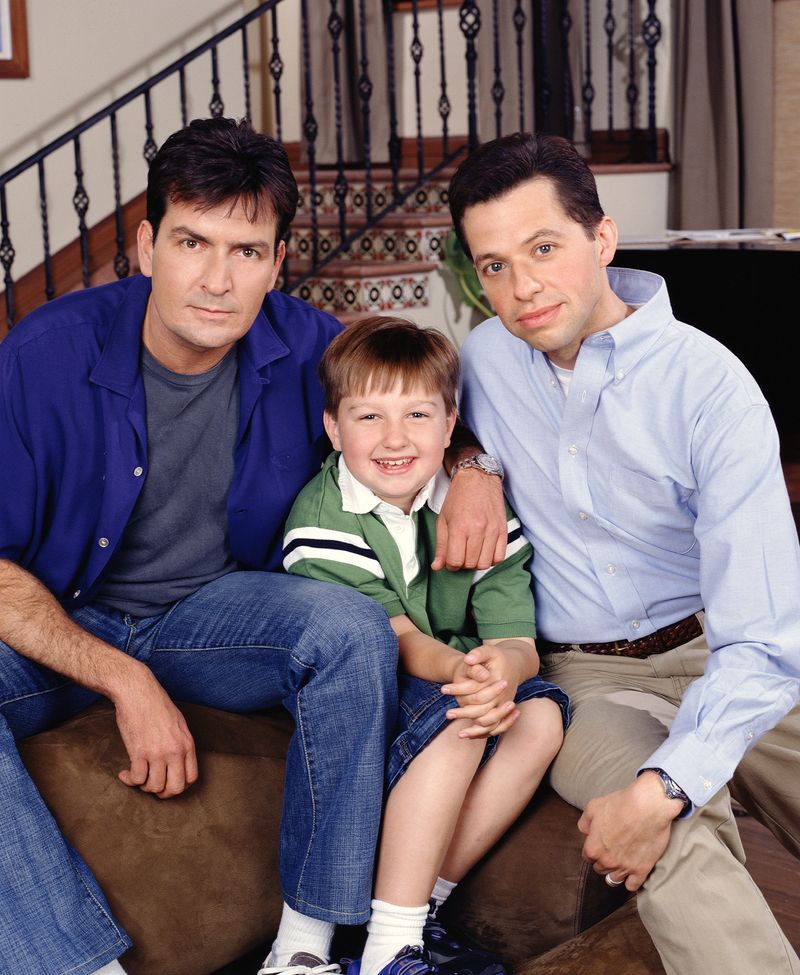
When Charlie Sheen was at the helm, Two and a Half Men thrived as a cheeky, raunchy sitcom with laugh-out-loud moments. It wasn’t high art, but it was funny and knew what it was.
Then Sheen left, and the show tried to limp along with Ashton Kutcher stepping in. The chemistry shifted, the humor felt forced, and the magic that made the show work was gone.
Rather than ending gracefully, it dragged on for four more seasons. The result? A series remembered more for its off-screen drama than its jokes. Sometimes, losing your star should mean knowing it’s time to roll the credits.
8. That ‘70s Show
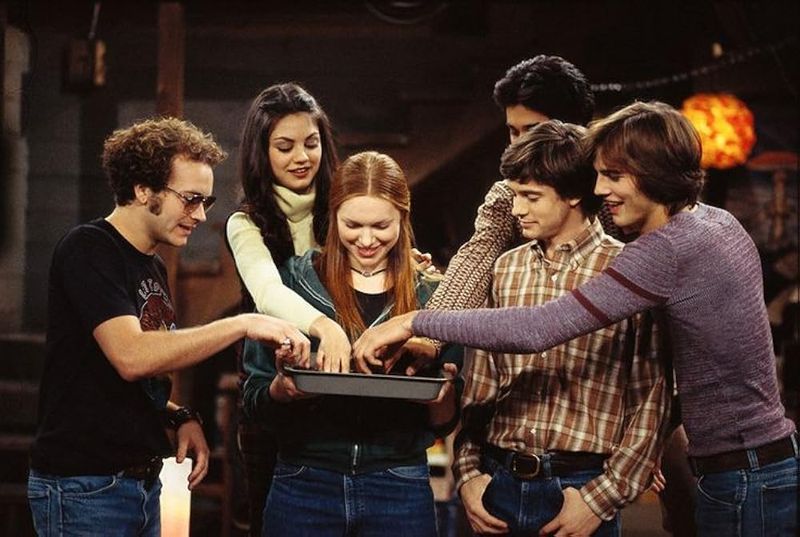
At its peak, this show was a hilarious and nostalgic look at teenage life, love, and awkward growing pains. The characters were lovable, the comedy was sharp, and the retro vibe made it feel unique.
But by the final season, the wheels had completely fallen off. Most of the original cast had moved on, leaving behind weaker replacements and storylines that felt like filler.
The charm that made it a hit was gone, and fans were left wishing it had ended on a high note. Instead, That ’70s Show fizzled out, proving that without the original heart of a series, the rest doesn’t hold up.
9. American Idol
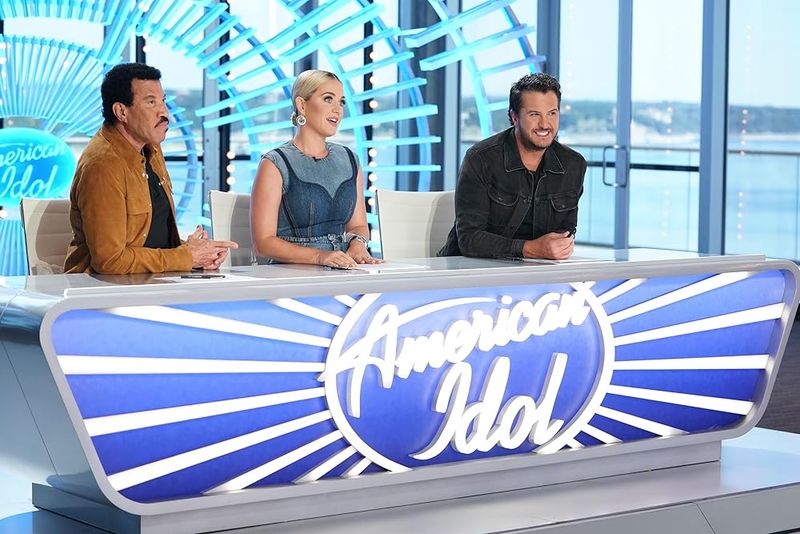
When it first premiered, American Idol was a cultural phenomenon. It created superstars like Kelly Clarkson and Carrie Underwood, and it made watercooler conversations about talent shows mainstream.
But over time, the shine wore off. The novelty faded, the judges changed too often, and the talent pool no longer felt special. Instead of being must-watch TV, it became just another singing competition in a sea of reality shows.
What should’ve ended at its cultural peak dragged on for years, losing its relevance. By the time it returned for revivals, American Idol felt more like a nostalgia act than a true powerhouse.
10. Dexter
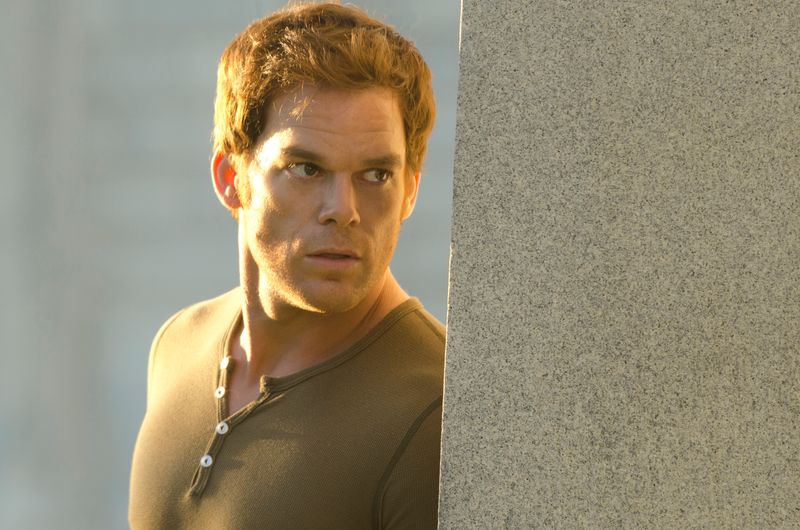
The early seasons of Dexter were gripping, dark, and unlike anything else on TV. A serial killer with a moral code? It was original, edgy, and impossible to look away from.
But the longer it went on, the harder it became to justify its storytelling choices. Characters made bizarre decisions, the writing stumbled, and the infamous series finale was widely panned as one of TV’s worst.
Fans deserved a tighter, smarter ending, not a drawn-out mess. While the revival tried to fix things, the damage was already done. Dexter went from brilliant to disappointing—proving that sometimes killing the story sooner is the best ending of all.

Comments
Loading…